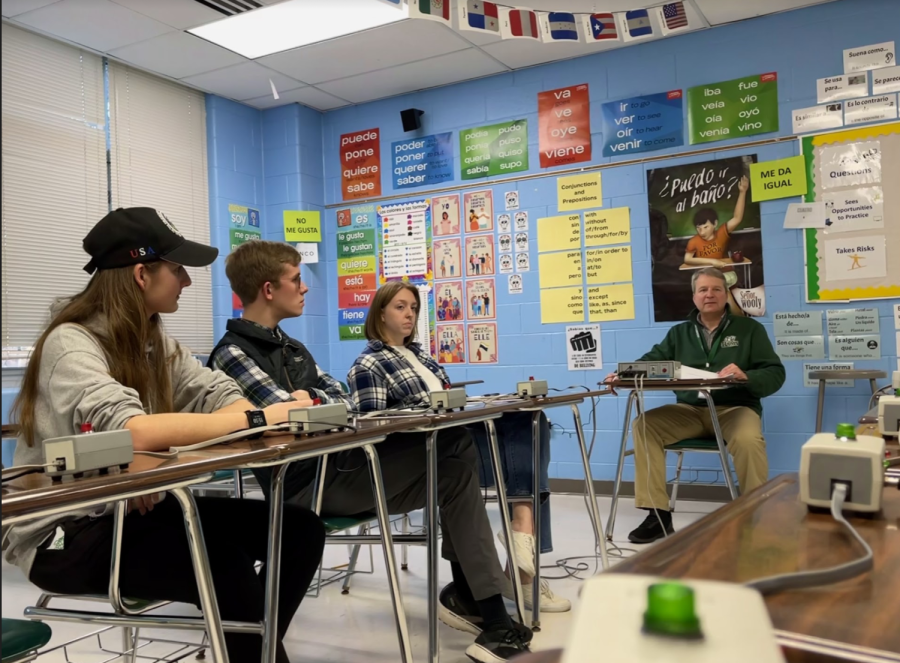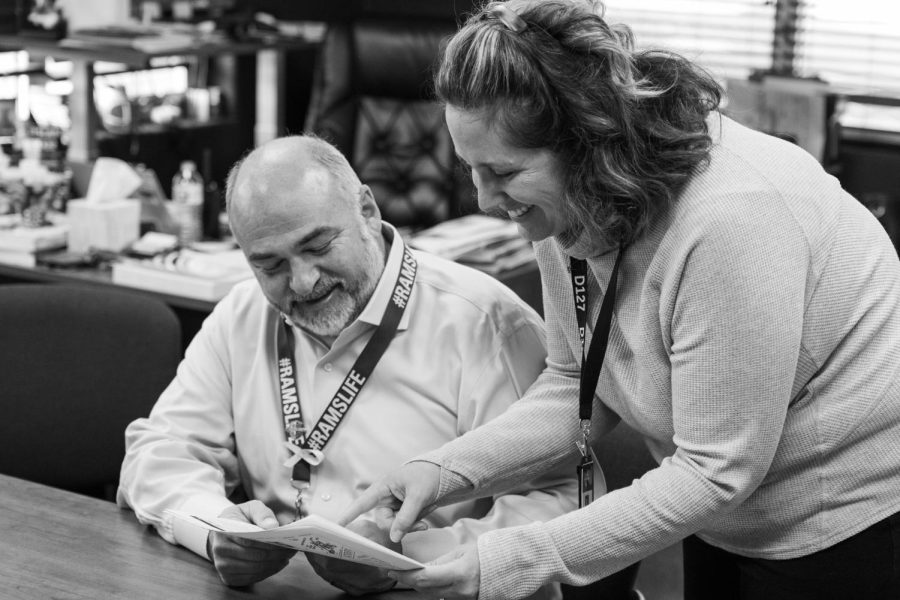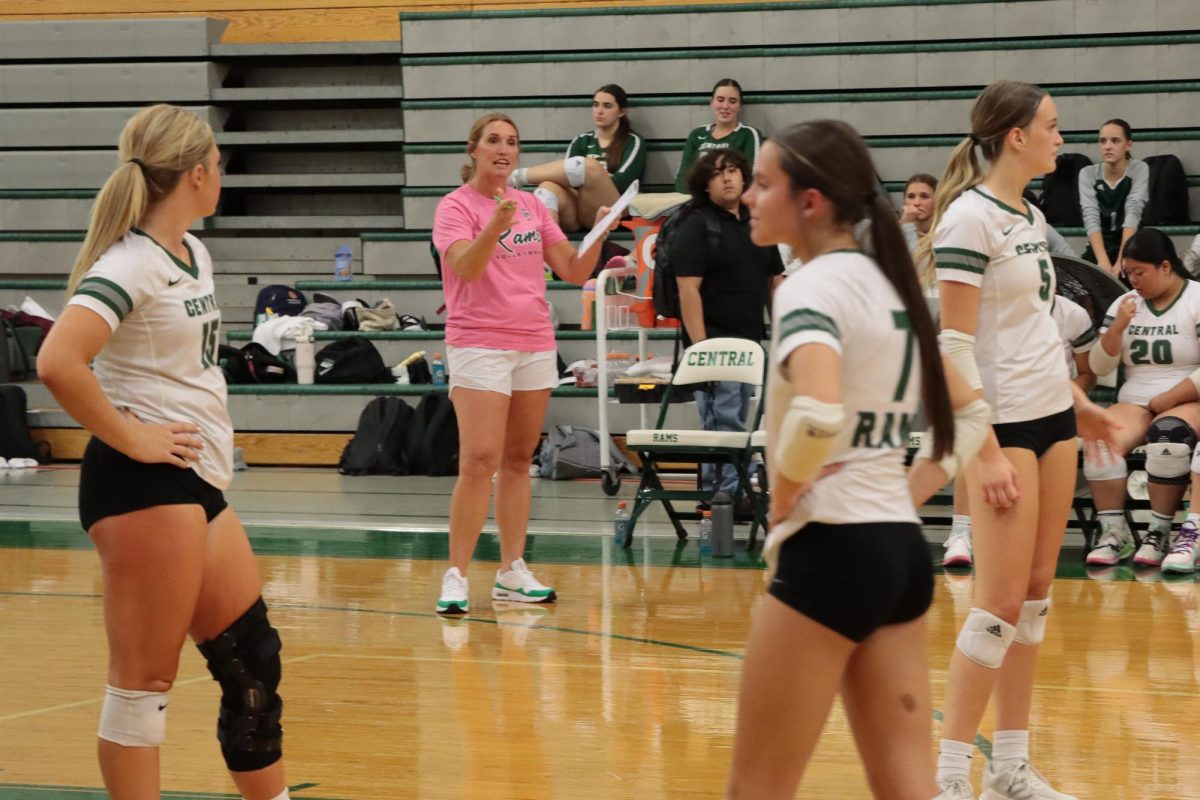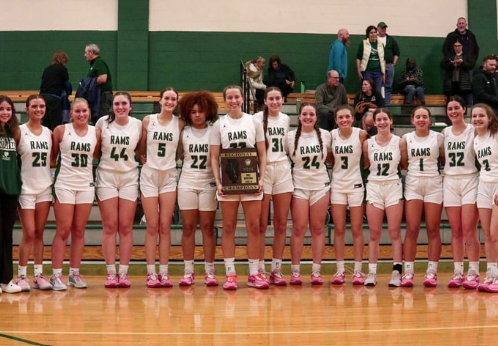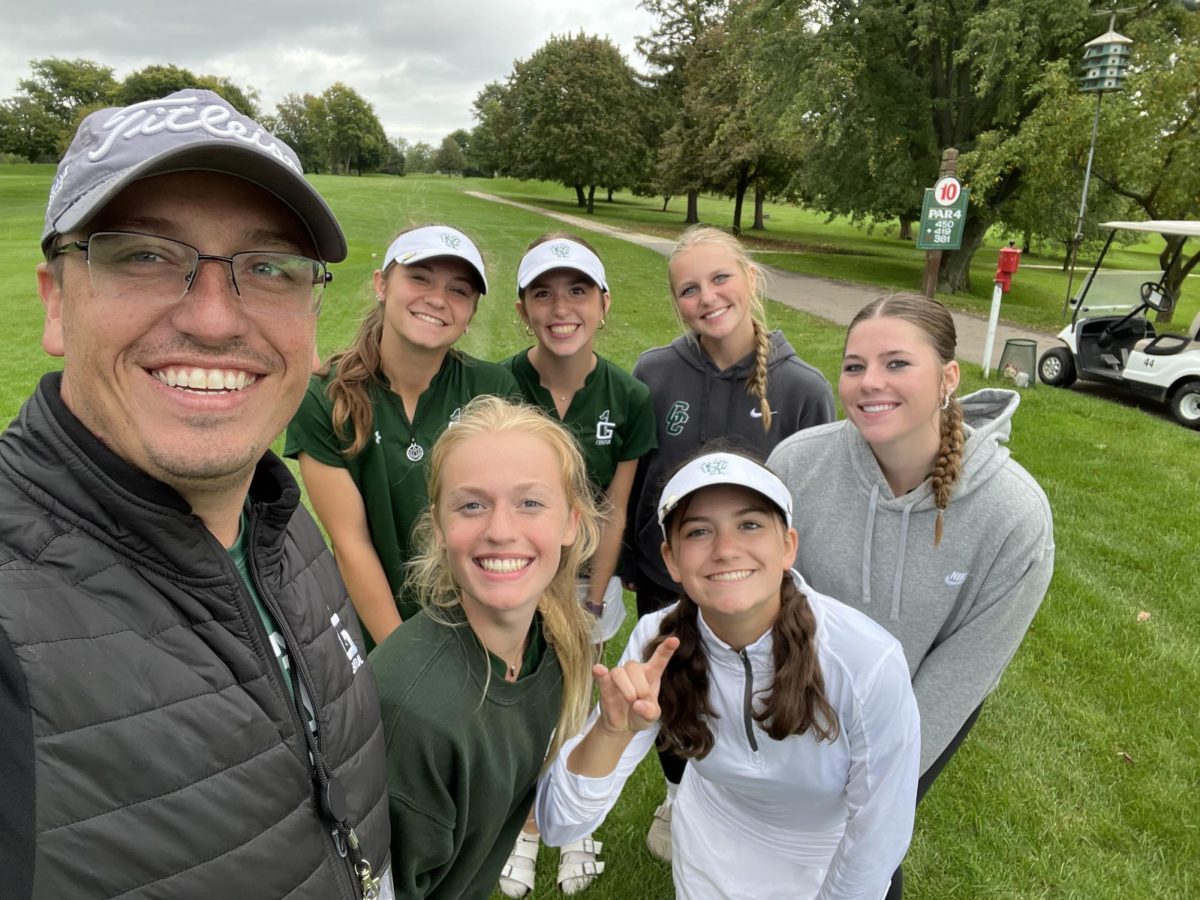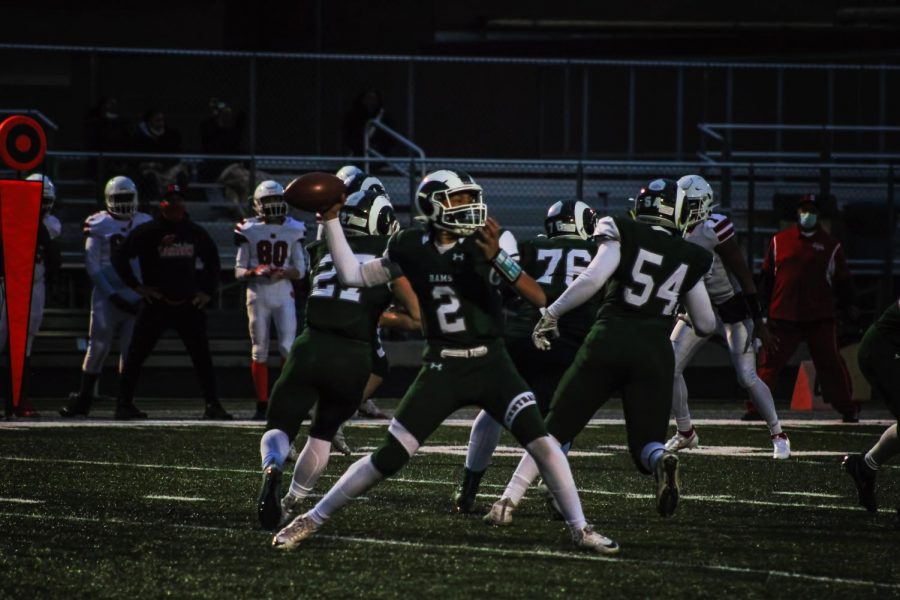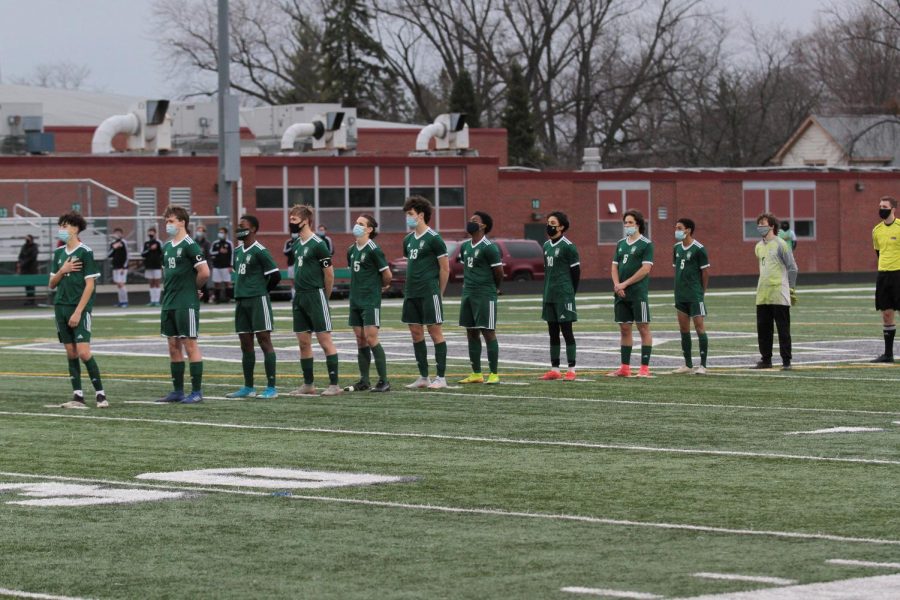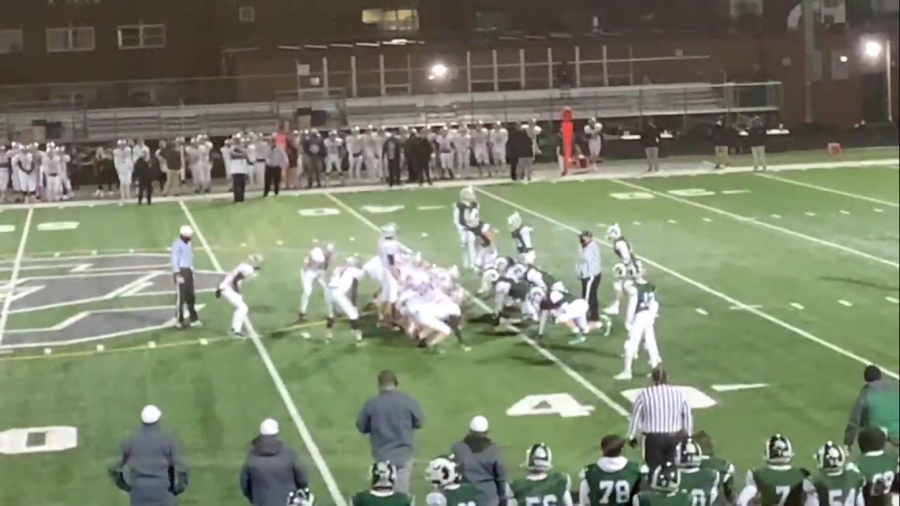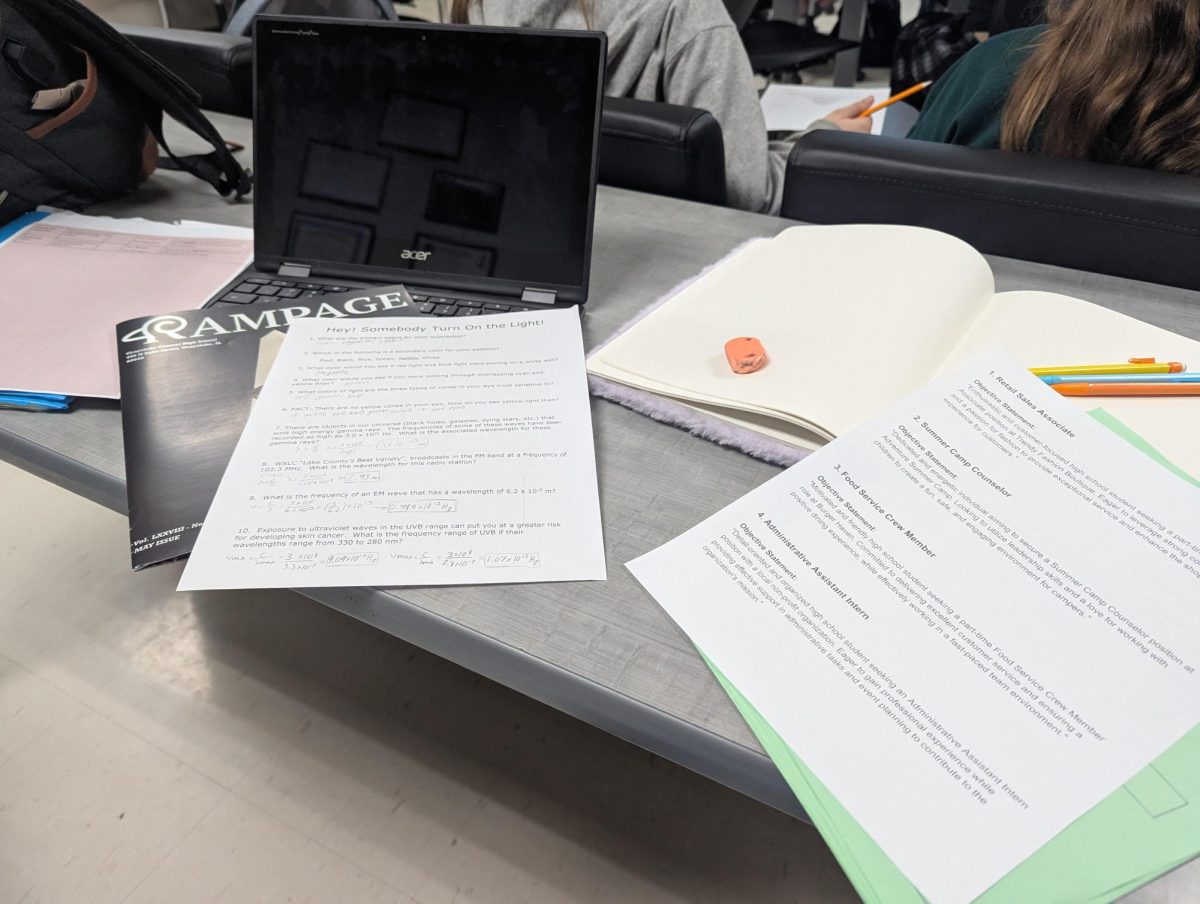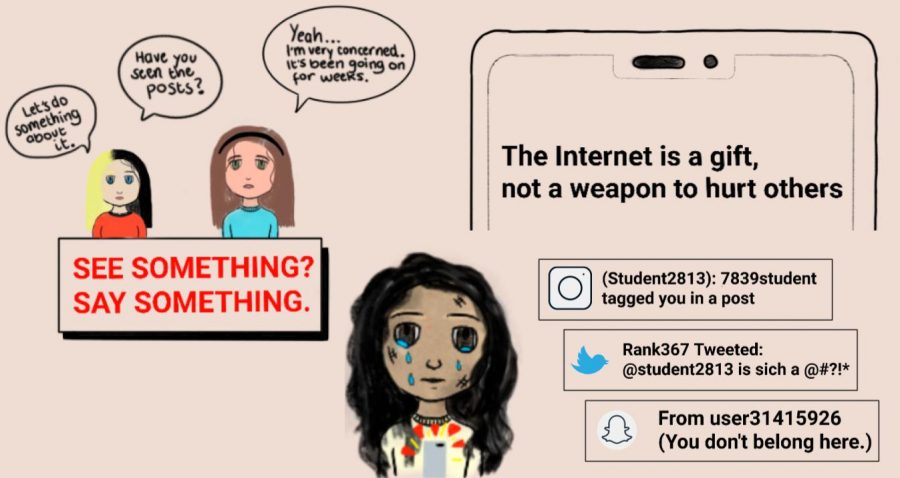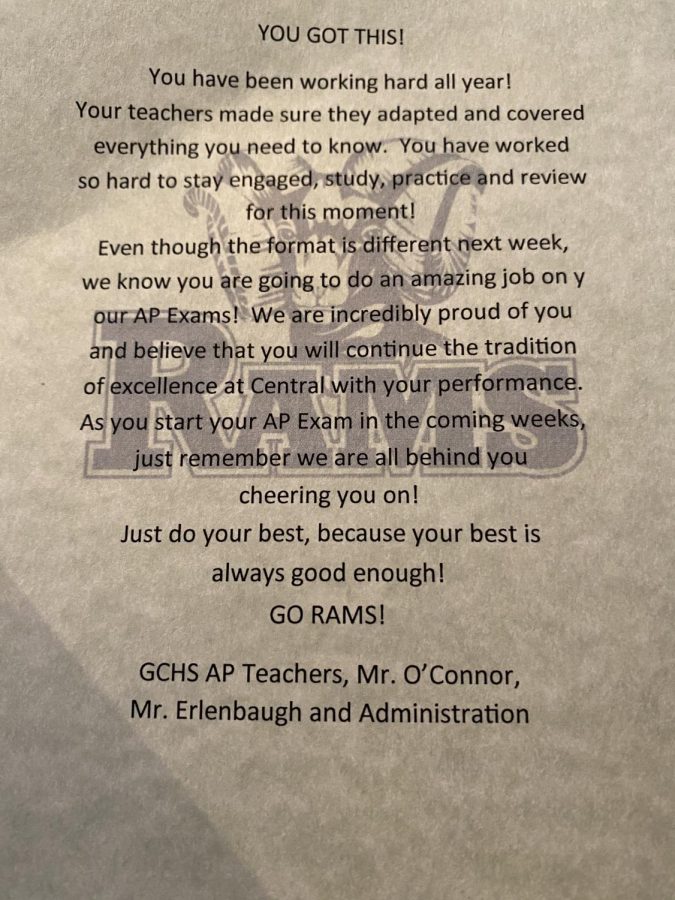eLearning leads to finals cancellation
The ongoing quarantine has led to both the cancellation of regular finals, and a shift towards online AP tests.
The administrative board sent out a special note to all students taking an AP test to wish them luck.
May 20, 2020
While it is no secret that the ongoing quarantine has changed school a lot, perhaps the biggest change GCHS has experienced is the recent cancellation of final exams.
Normally, finals are a very important part of any given semester, worth 20% of a student’s grade. The fact that they are not occurring, while expected to some extent due to eLearning slowing down the pace at which students learn in their classes, is still a huge game-changer for students.
Central’s extended eLearning period has brought about many changes to the curriculum that make finals impractical. For example, a student’s grade currently cannot go down, only up, meaning such a major test would have less of an impact than it usually would. Students also may not have solid internet access, preventing their ability to take the test if it were online.
Assistant Superintendent for Learning and Innovation Tracey Landry said, “To have a traditional final exam […] wouldn’t really mirror what they had been studying recently, and would have asked a student to be sitting on a computer for a long time to take this assessment. Given the circumstances, we decided it was more appropriate to allow the school to continue as is and allow teachers the option to create some alternative final assessment if they felt it was appropriate.”
While some may be concerned about how the lack of finals will affect the curriculum, ultimately, it will have very little effect overall on a student’s progress in learning.
“Final exams are a reflection of what students learned and what they are able to do,” said English Department Chair Melissa Thurlwell. “Taking that off the table, students would have shown what they can do throughout the semester via summative assessments. So, in my opinion, canceling final exams would not affect the curriculum.”
Many other school districts in the area came to a similar decision, which influenced District 127 to cancel finals as well. Ultimately, the decision came down to what was best for students.
“Our district has been really great about putting students’ emotional well-being and their safety first and foremost,” said Thurlwell. “I’m just really proud to work for a district that cares more about the students, and less about content”.
There is an exception to this policy though. Students in AP classes already know that, even though their regular finals have been cancelled, the AP tests have not. However, AP tests will have a different format than they usually do.
“In the past, AP testing would be a two-three hour exam that students would take at school or at Braeloch in a written format. They would address both multiple choice and free response questions,” said AP test coordinator Kevin O’Connor. “Due to the conditions surrounding COVID-19 […] the test will be a 45-minute online exam and will be all free response questions.”
AP tests are still ongoing because, while the unorthodox learning conditions will affect a student’s grade on a normal final, the first 70% of a year of an AP class is usually a good indicator of how well a student will do on the AP test (based on data from prior years).
“The College Board wanted to allow students who had been working all year long […] to have the opportunity to still earn college credit,” said Landry. “According to their data, the score a student gets on the curriculum from the first 70% of the year, has a very high correlation to what their overall score is.”
Whether or not a student is in an AP class, the end of the school year will be drastically different for them due to the changes in final testing procedures.











